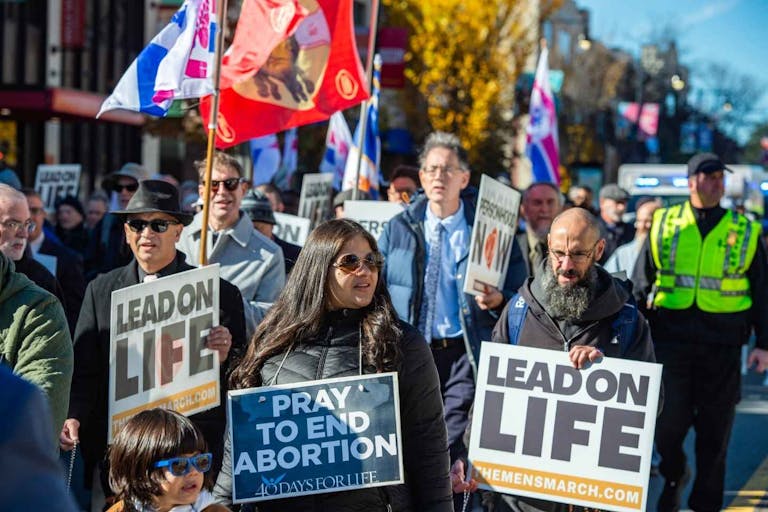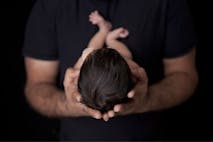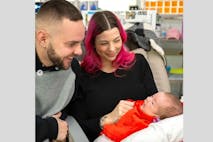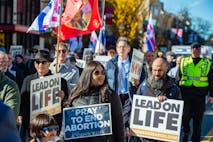
2025 Pro-Life Highlights: Celebrating a year of pro-life wins
Cassy Cooke
·
Politics
Nancy Flanders
·
Investigative
Carole Novielli
·
Politics
Rebecca Oas, Ph.D.
·
Analysis
Cassy Cooke
·
Abortion Pill
Angeline Tan
·
400k+ Readers Strong & Growing
News & Commentary from
A Pro-Life Perspective
As the news arm of Live Action, we educate the public and advocate for preborn rights by providing timely, accurate, and compelling news and stories about the pro-life movement.

Politics
Nancy Flanders
·
Investigative
Carole Novielli
·
Politics
Rebecca Oas, Ph.D.
·
Analysis
Cassy Cooke
·
Abortion Pill
Angeline Tan
·
Politics
Calvin Freiburger
·
Human Interest
Bridget Sielicki
·
International
Bridget Sielicki
·
Activism
Cassy Cooke
·
Politics
Nancy Flanders
·
Politics
Bridget Sielicki
·
Abortion Pill
Nancy Flanders
·